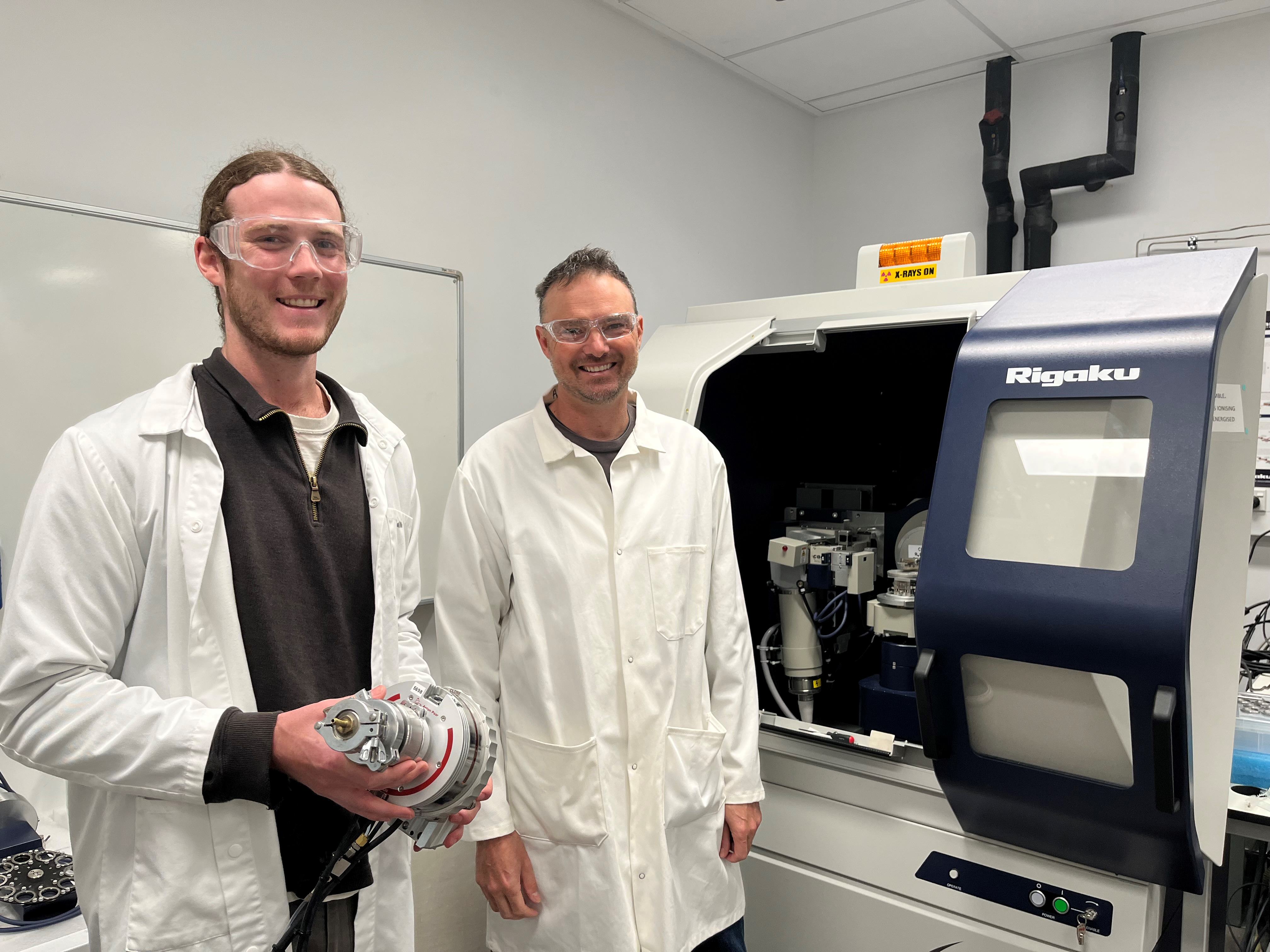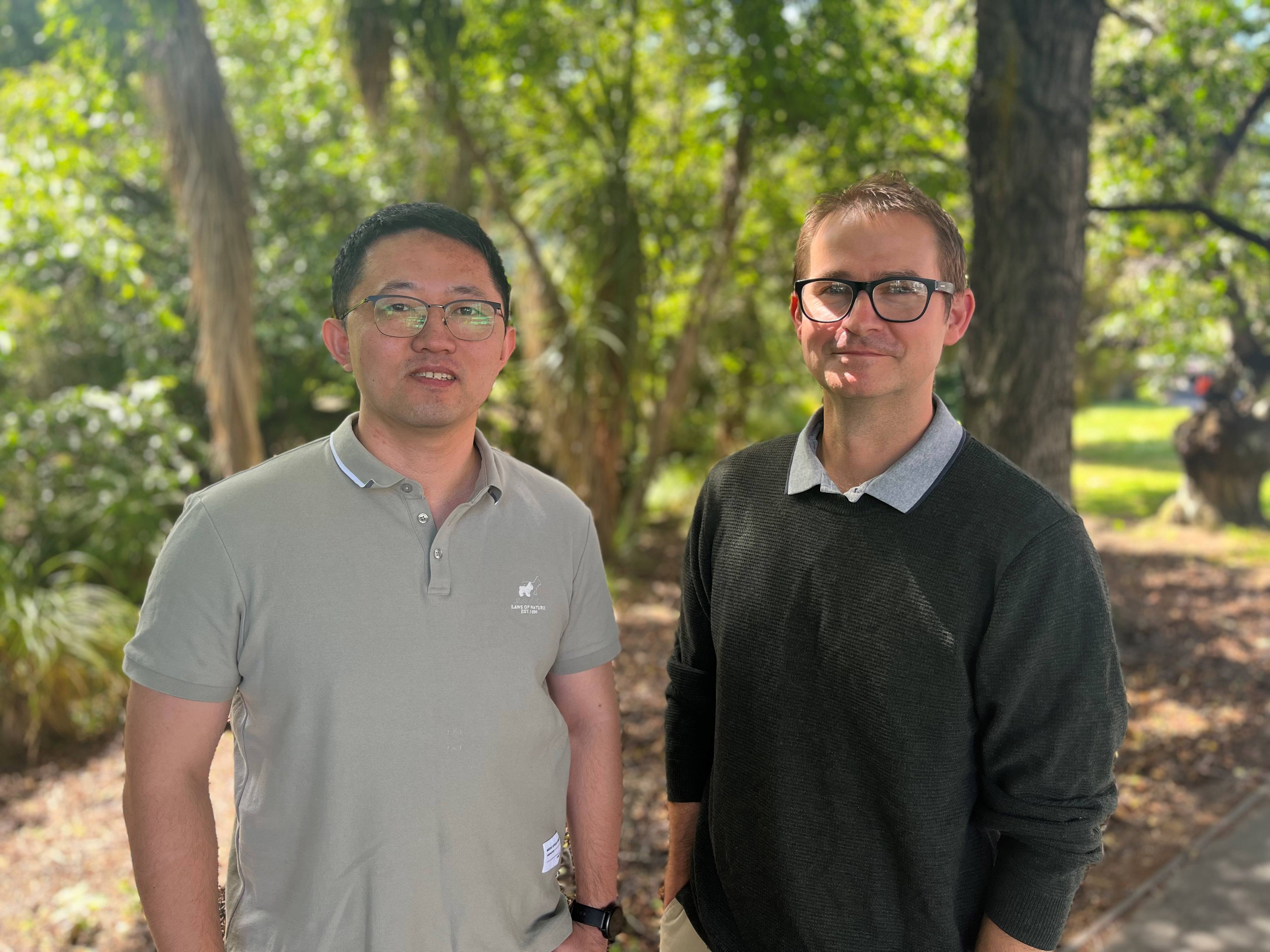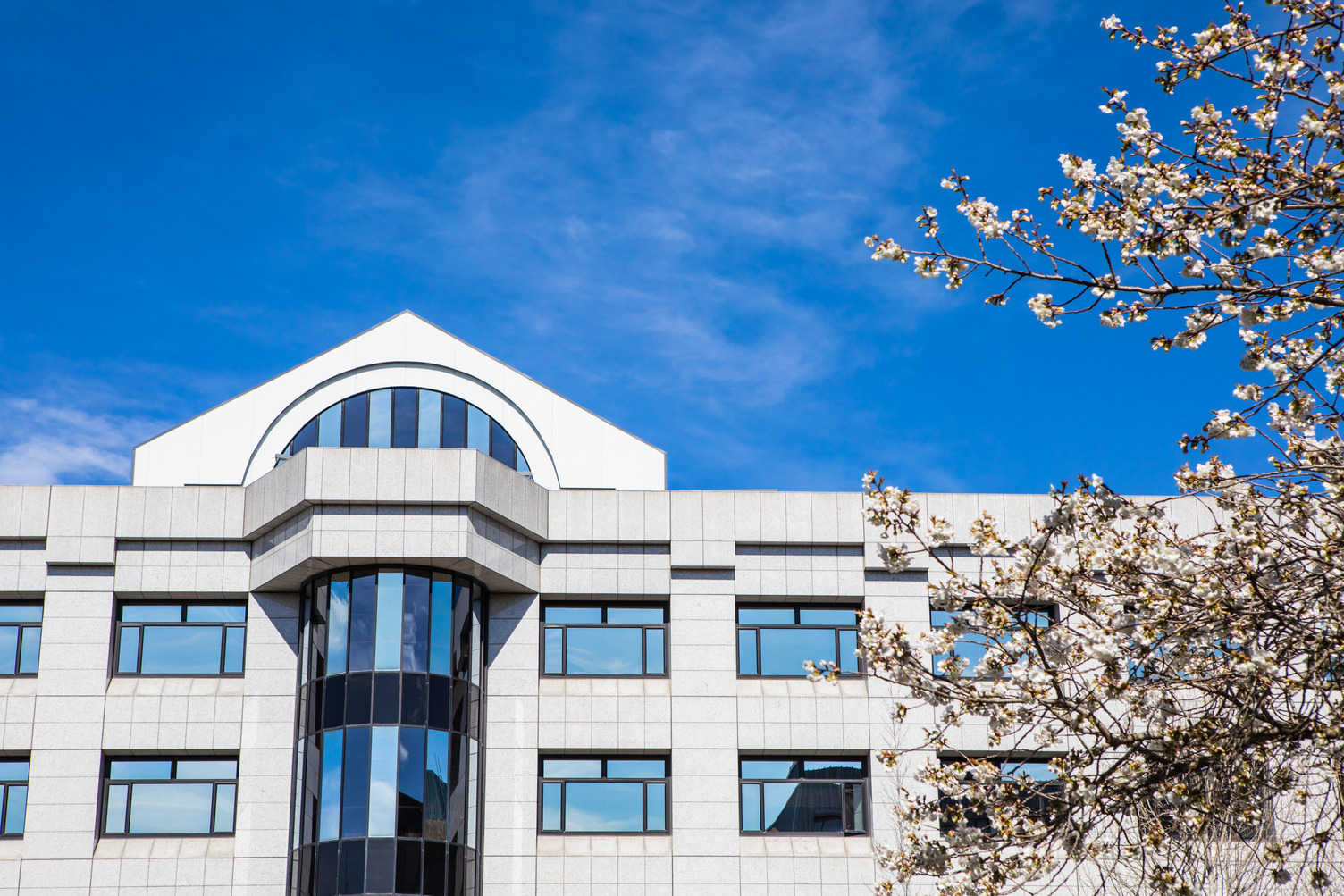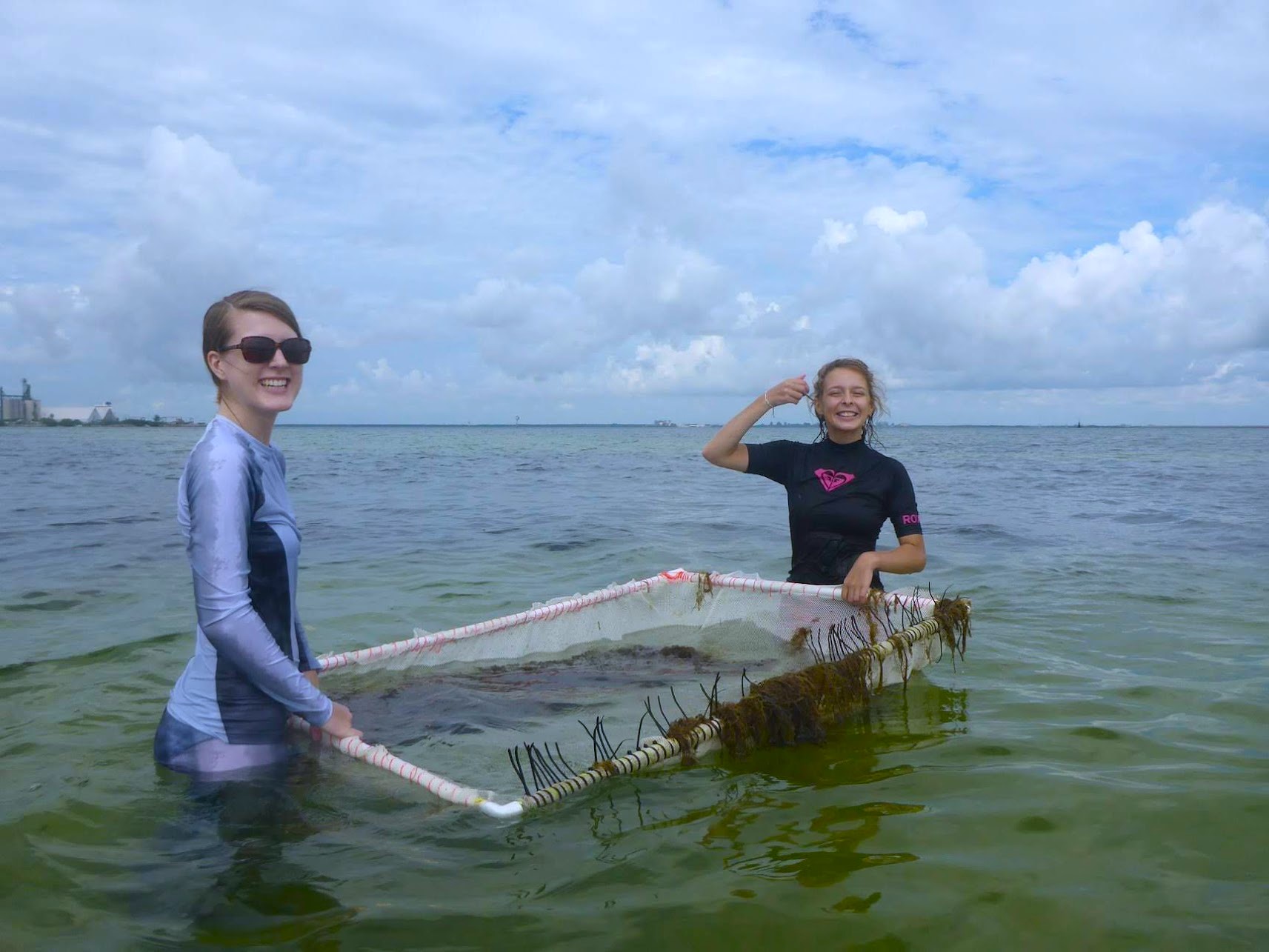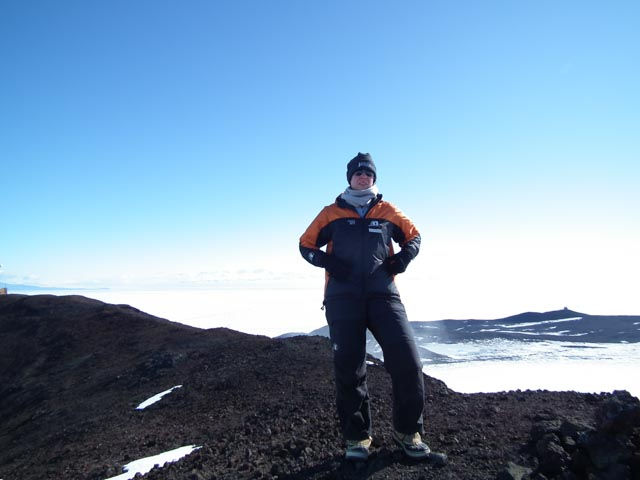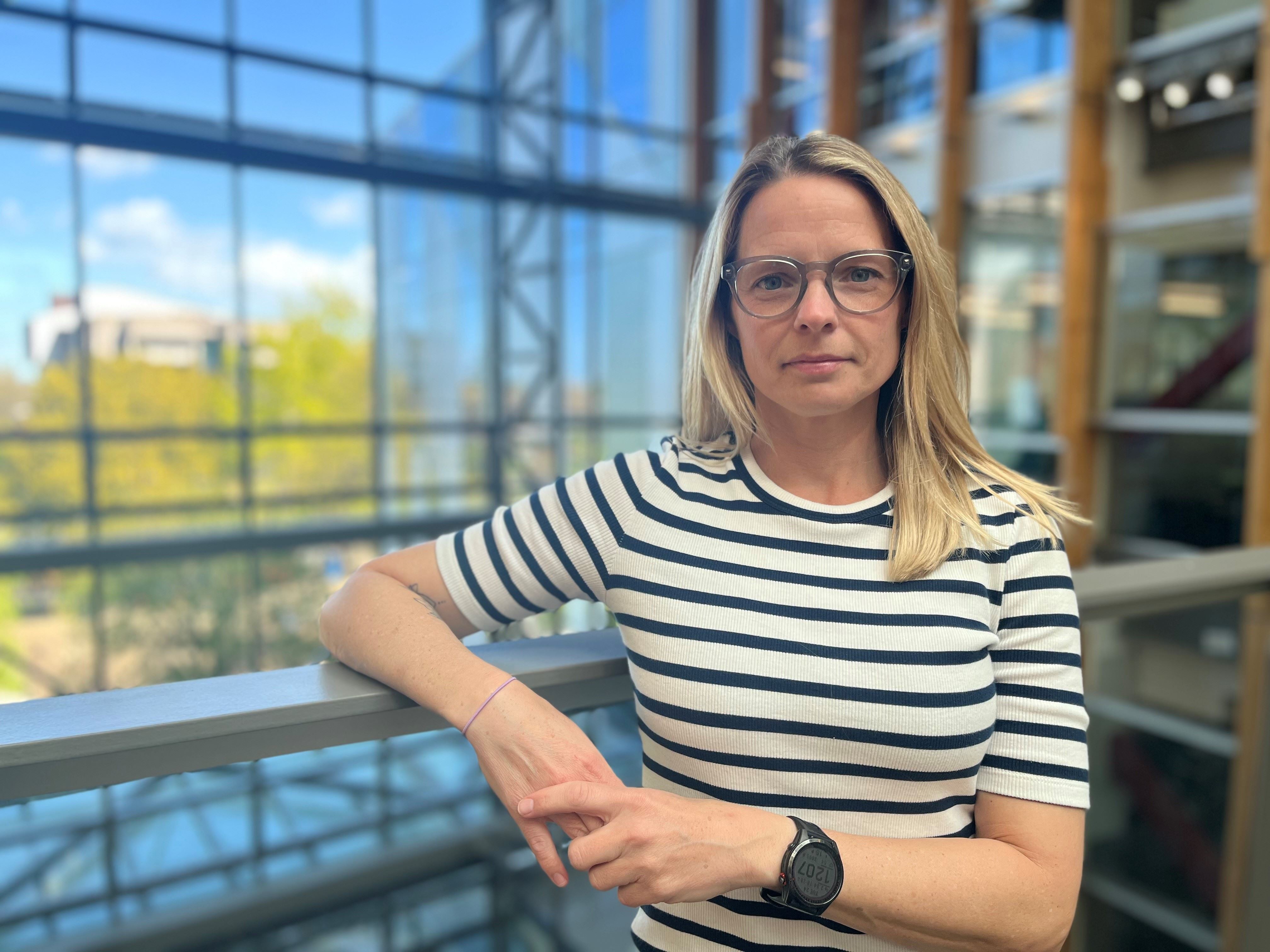“Genomics is the answer to that. We develop and train our algorithms on genomic as well as clinical data to link the individual’s condition to what is known in biology, medicine and clinical trials to come up with actionable recommendations, such as different drug combinations.”
Associate Professor Gavryushkin says this technology would enable health professionals to provide more effective cancer treatment strategies, minimising the chance of treatment-resistant cells to develop, while also making quality care more accessible.
“The worst thing that can happen after treatment is when a population of cells that are resistant to treatment develop. Our work looks at how to prioritise and plan therapeutic approaches in a way that minimises the chance of developing treatment-resistant genotypes by steering the evolution of cancer away from them.
“If this succeeds, it is effectively providing a precision medicine assistant to the oncologist. We want to make these tools available globally, especially in places where doctors may not have specialised training in genetics, or time to go through all the recent literature. With modern AI technologies, these barriers can be eliminated.”
Associate Professor Gavryushkin is also applying the algorithms to gout, another complex genetic disease. He is specifically looking at big data approaches to indigenous populations, including Māori and Pacifica. Both research projects are in collaboration with other researchers, and industry and clinical experts in Aotearoa New Zealand, Switzerland, Spain and USA.
“The power of algorithms over the last 20 years has been remarkable, yet there are still areas where it is unbelievable that algorithms are not being used,” Associate Professor Gavryushkin says.
“I’m very passionate about using these technologies to make cancer treatment and gout treatment equitable. They come at relatively low cost compared to how deployable they are and how widely the benefits can be applied – so the impact on people’s lives could be significant.”
The next stage will focus on engaging with patients, their oncologists, and pathologists – the researchers are looking for participants and clinical collaborators.
Funding to date has been from the Ministry of Business, Innovation and Employment (MBIE) Endeavour Fund, and the Rutherford Discovery Fellowship.



